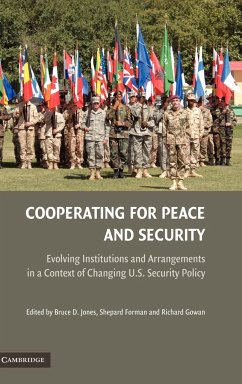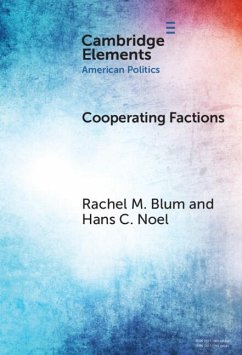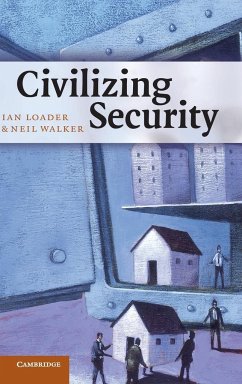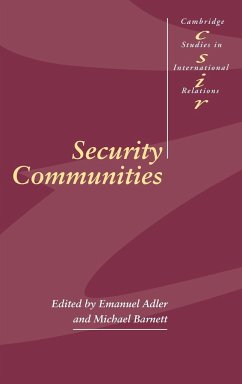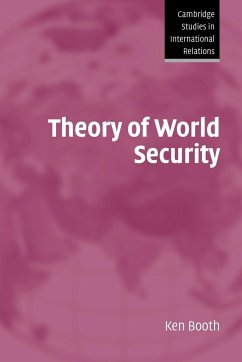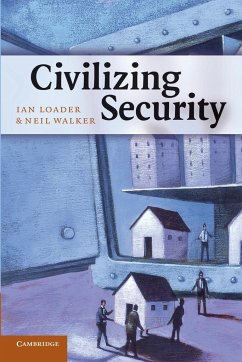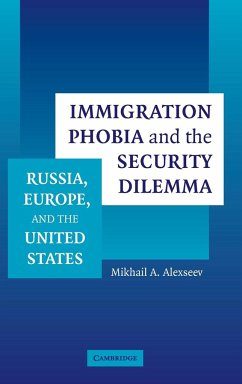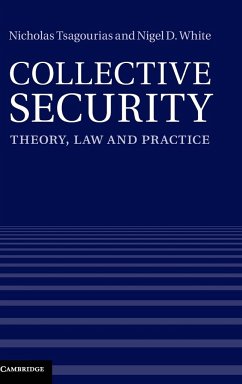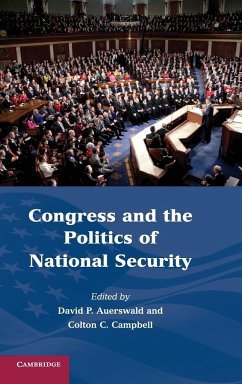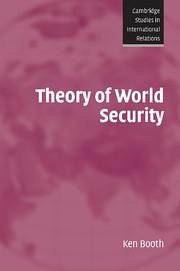
Cooperating for Peace and Security
Evolving Institutions and Arrangements in a Context of Changing U.S. Security Policy
Herausgeber: Jones, Bruce D.; Forman, Shepard
Versandkostenfrei!
Versandfertig in 1-2 Wochen
44,99 €
inkl. MwSt.

PAYBACK Punkte
22 °P sammeln!
Cooperating for Peace and Security attempts to understand - more than fifteen years after the end of the Cold War, seven years after 9/11, and in the aftermath of the failure of the United Nations (UN) reform initiative - the relationship between US security interests and the factors that drove the evolution of multilateral security arrangements from 1989 to the present. Chapters cover a range of topics - including the UN, US multilateral cooperation, the North Atlantic Treaty Organization (NATO), nuclear nonproliferation, European and African security institutions, conflict mediation, counter...
Cooperating for Peace and Security attempts to understand - more than fifteen years after the end of the Cold War, seven years after 9/11, and in the aftermath of the failure of the United Nations (UN) reform initiative - the relationship between US security interests and the factors that drove the evolution of multilateral security arrangements from 1989 to the present. Chapters cover a range of topics - including the UN, US multilateral cooperation, the North Atlantic Treaty Organization (NATO), nuclear nonproliferation, European and African security institutions, conflict mediation, counterterrorism initiatives, international justice and humanitarian cooperation - examining why certain changes have taken place and the factors that have driven them and evaluating whether they have led to a more effective international system and what this means for facing future challenges.





